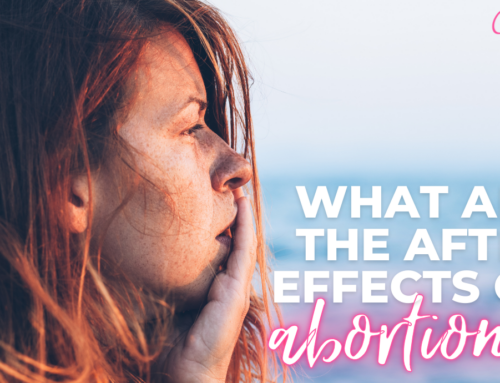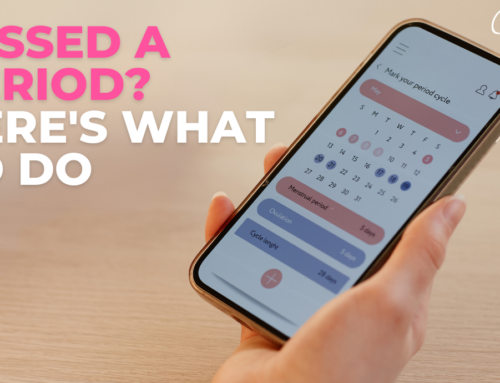Every relationship encounters difficulties. The one thing you can count on, sooner or later, is conflict. Yet, relational conflicts often catch people off guard. In the early stages, romantic relationships often seem magical and perfect. You meet someone, and it’s true love. Bonafide Disney on ice.
Later, people drop the rose-colored lenses. All she notices is the oafish way he clumps around the house in muddy boots. Meanwhile, he can’t stand the way she chews.
When relationships turn difficult, painful, or ugly, you might wonder whether it’s time to walk out the door. But if you have experienced a long line of breakups, this answer also feels unsatisfying. Most of us dream of enjoying a long and committed relationship.
Seasoned and successful couples understand that you don’t reap the benefits of a rich relationship apart from hard work. This means sticking around even when passions ebb, even when you sometimes don’t feel understood or loved. The marital love that comes from commitment, even in the face of difficulties, is much deeper and stronger than the initial infatuation.
*On the other hand, there are cases when you really should leave*
Sometimes the right answer is to stick it out even in hard times. In abusive or highly toxic situations, however, you need to get out of it. Like yesterday.
How can you tell when you should leave and when you should stay? Let’s look at the stories of two different women.
Real Women, Real Stories:
- Kelly felt bored with her marriage. The spark was gone. She no longer felt passion for her husband, plus he was stubborn. She decided that the right thing for her was leaving him and her two young children so that she could rediscover her life’s purpose.
- Katie often felt afraid of her husband. Sometimes he threatened her, called her names, and even pushed her a couple of times. But he always felt terrible afterward. He apologized profusely, promised he would change, and took her out on special dates to make up for it.
While the answer in both cases seems obvious, both scenarios are based on true stories (with fictional names). The answer was not obvious to the women who experienced them. We often see the truth plainly in the lives of others but have a much harder time recognizing it in our own lives, right?
If you aren’t sure which type of scenario fits your situation, here are some factors to consider:
- If you are experiencing any form of physical abuse, if you don’t feel safe, if your life or safety (or that of your children) is threatened, you need to get out of that relationship.
What is domestic violence? According to the United Nations, domestic violence is “a pattern of behaviors used by one partner to maintain power and control over the other partner in an intimate relationship.”
Does your partner regularly belittle you, put you down, try to control your actions, isolate you from others, and physically or verbally abuse you? Do you feel pressured to do things you are uncomfortable with, such as getting an abortion? If any of this is occurring, it is crucial that you seek help!
- At the same time, don’t assume that any challenges, disputes, or unhealthy communication patterns are indicators of abuse.
Part of how partners love each other is by sticking close in the hard times and showing a commitment to seek help or therapy when necessary. Learn how to create a warm environment in which to communicate–a humble willingness to own when you’re wrong and hear the other person out.
Hookup culture wants you to believe that easily moving from relationship to relationship is no different than switching streaming services, but this is not true. The heartache caused by breakups can have a lifetime effect on you and your children, leaving many people lonely without understanding why.
What Support Do You Need?
Whatever your situation, don’t try to handle it alone. Do you need help identifying whether your partner’s behavior counts as abusive? Qualified counselors can help spot the differences between ordinary conflict that might occur in a relationship and toxic or abusive patterns.
If you or someone you know is in a violent relationship, don’t hesitate to contact us at Choices Pregnancy Centers of Greater Phoenix today. We offer support programs for men and women dealing with domestic violence, and our counselors will help you develop a plan to get back on your feet. Remember, there is no shame in seeking help. Make an appointment today!







